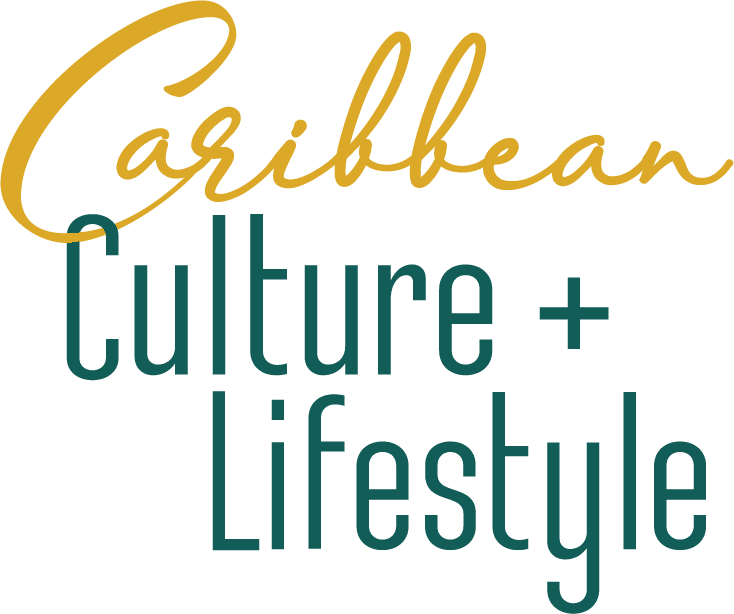The COVID-19 Repatriation Committee, comprising of the ministries responsible for Health, Foreign Affairs, Immigration, Human Development, and ultimately, National Security, organized the domestic arrangements for repatriation. This included the identification and site assessments of the quarantine facilities, negotiation of rates, training, assigning health officers and Belize Defence Force Officers for the returning Belizeans, as well as COVID-19 testing. Overall, 570 applications have been received from Belizeans abroad who request to return home – to date.
570 Repatriation Applications Received
Of the applications received to date, 239 were from Belizeans in the USA seeking to return home, making up 42 percent of all repatriation requests so far. Additionally, the remaining 60 percent are seen across the following countries:
- 35 Belizeans in Mexico
- 32 Belizeans in Guatemala
- 20 Belizeans in Peru
- 19 Belizeans in Cuba
- 19 Belizeans in Honduras
- 17 Belizeans in the United Kingdom (UK)
- 14 Belizeans in El Salvador
- 11 Belizeans across France, Germany, Sweden, Portugal, Spain, Ireland and The Netherlands
- 6 Belizeans in Guyuna
- 6 Belizeans in Taiwan
- 11 Belizeans in Jamaica
- 4 Belizeans in Costa Rica
- 1 Belizean in Panama
- 7 Belizeans in India
- 4 Belizeans in Bolivia
- 3 Belizeans in Barbados
- 2 Belizeans in Colombia
- A Belizean in Lebanon
- 1 Belizean in Saudi Arabia
- A Belizean in United Arab Emirates
- 1 Belizean in The Philippines
- A Belizean in Nigeria
- 1 Belizean travelled from Tanzania
Repatriation Flights Possible
Belizeans are spread over the world but generally in smaller numbers than would make requested repatriation flights possible; such as those in Guyana, India, and Barbados. Wherever possible, assistance is being sought through Belize’s embassies and consulates to identify alternative flights, join in other existing repatriation programmes, and are providing assistance on a regular basis. Many countries, like Belize itself, have been or are in various stages of a state of emergency, lockdown, or border and airport closures. This has impacted how and when Belizeans may be able to move – in some cases special requests can be made while in others these are denied depending on greater public health concerns.
The daily applications are screened and sorted, with priority according to persons with chronic medical conditions, those in acute distress, persons at higher risk from being affected by COVID-19, persons in acute financial or other distress, and persons traveling with young children. Applications are then reviewed by the COVID-19 Repatriation Committee which recommends applicants for repatriation. Final approval rests with the Minister of National Security. Belizeans approved for repatriation are then notified. Next, they are required to inform the COVID-19 Repatriation Committee of the date, mode of return, and port of entry.
168 Belizean Requests Approved for Repatriation
Returning Belizeans are screened by the Quarantine Authority then transported to an approved quarantine facility to stay for a mandatory 14 days. To be released, all repatriated Belizeans are tested twice by requirement. Overall, the Minister of National Security has, to date, approved the return of 168 Belizeans. The first two groups of repatriated Belizeans have left quarantine after all confirming negative for COVID-19.
Ultimately, Belizeans who are stranded abroad and wish to return home can apply by submitting completed COVID-19 screening. Additionally, Belize’s controlled repatriation forms which can be found at https://www.covid19.bz. Meanwhile, those returning are asked to participate with Belizeans already here in preventing the spread of COVID-19 by practicing good hygiene and recommendations below:
- Quarantine saves lives – please see this as an act of service to your family, friends and community
- Wear masks properly, for instance
- Keep hands away from the eyes, nose and mouth
- Make a habit of social distancing of six feet as much as possible
- Refrain from old practices of shaking hands or hugging
- Regularly wash hands along with use of hand sanitizers
- Cough or sneeze into elbows instead of into the air







